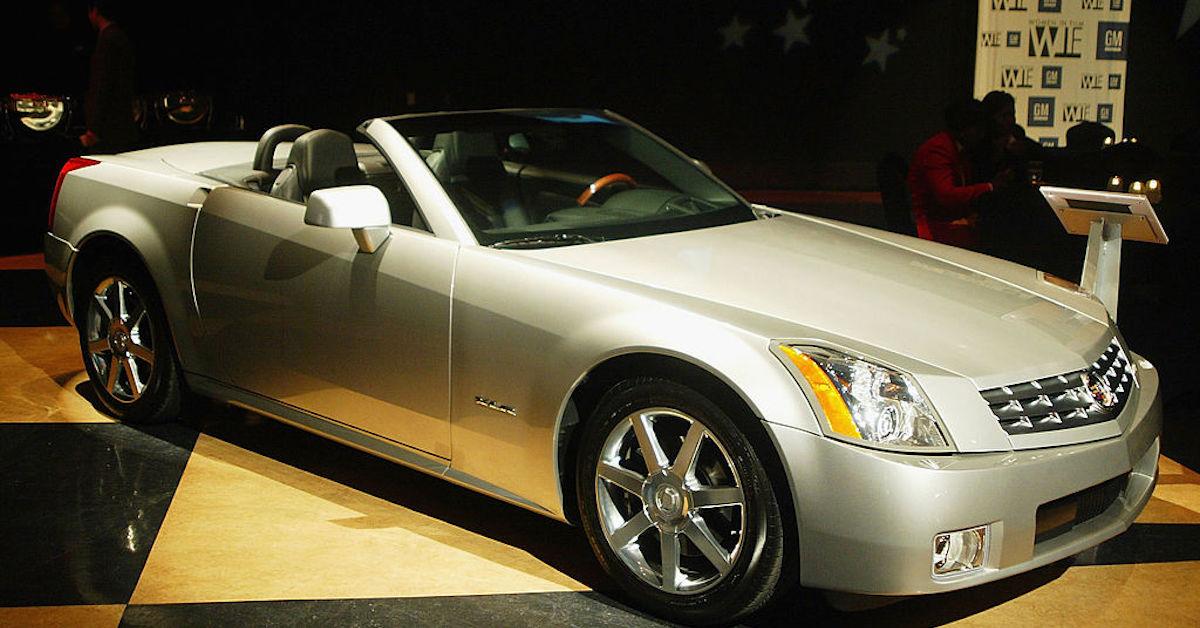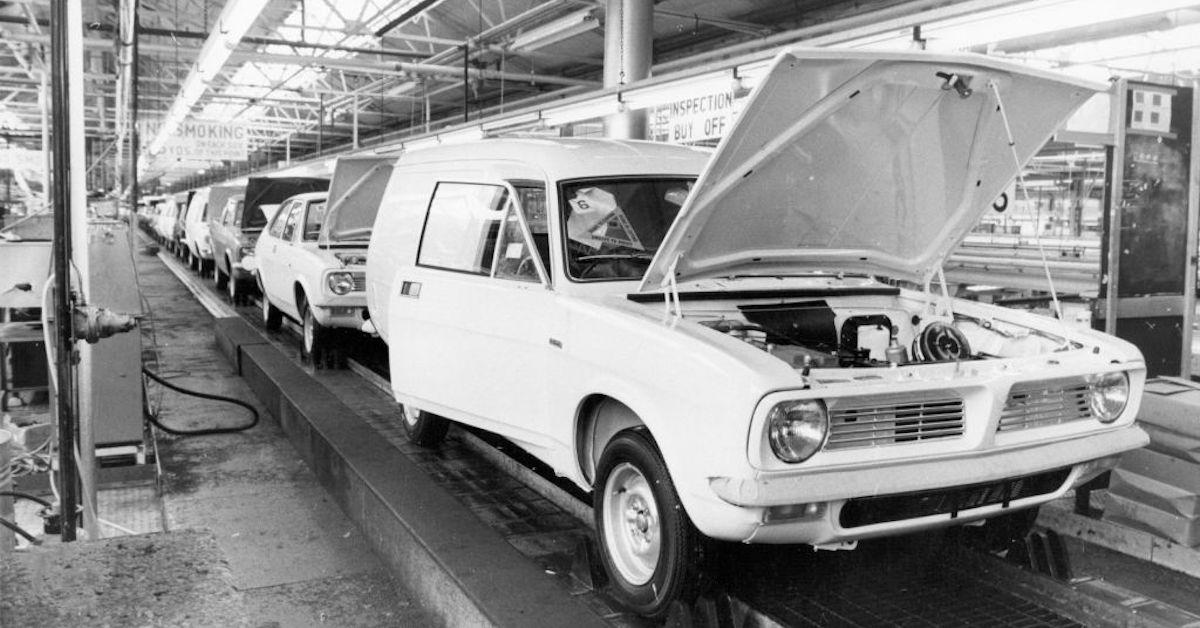These Car Companies Are Going All-Electric
Updated March 31 2021, 9:36 a.m. ET

It would be every eco enthusiast's dream come true for every major car company to transition to clean energy by 2022. And while the market for electric vehicles is growing, and various U.S. states are working to ban gas car sales, we are still in the early stages of a lengthy transition process. When push comes to shove, society is still predominantly reliant on gas-powered vehicles, with no sign of carbon neutrality in the foreseeable future.
However, several major car companies have pledged to transition to 100 percent electric energy within the next few years. It's unclear if said companies will stick to their word, but we're seriously hoping for the best nonetheless.
GM — all-electric by 2035

At the beginning of this year, according to NPR, General Motors announced it would eliminate its gas-powered cars completely by 2035. In the U.S., the company only currently sells one electric model; however, the historical car company plans to transform its lineup on an international scale within the next 14 years.
Volvo — all-electric by 2030
Swedish car brand, Volvo, has committed to transition to 100 percent renewable energy by 2030, according to Treehugger. For the next few years, though, those looking to purchase themselves an SUV can get in on the company's C40 Recharge, a completely electric model that's also leather-free, and boasts a slew of safety features. The C40 Recharge will include home-charging options, and will be sold online only, to take up less space and avoid overproduction.
Uber — zero emissions by 2040
Ride sharing company, Uber, has pledged to lower its impact to zero emissions by 2040, and it seems as though that goal may be attainable. According to TreeHugger, the Uber Green program is already launching in London this week, which enables users to select EV-only vehicles, and offers those drivers lower service fees. The program also encourages users to take public transportation by showing transit options in 40 major cities while including maps, schedules, ticket purchase options, and more.
Fedex — carbon neutral by 2040

Although Fedex isn't a car company, transportation is a major component of the mail carrier's business. And fortunately, the company has pledged to go carbon neutral by 2040, according to Green Biz. Fedex recently announced an extensive plan that will set aside $2 billion to invest in electric vehicles and carrier planes, clean energy operations, and environmental education. By 2025, half of deliveries will be executed by zero-emissions vehicles (ZEVs), and by 2030, 100 percent will be by ZEV's.
Jaguar — all-electric by 2025
Jaguar is another major car company with plans to shy away from manufacturing gas-powered vehicles. According to Treehugger, the British car company has pledged to transition to 100 percent electric energy by 2025, and the brand's parent company, Jaguar Land Rover, has also announced that Land Rover will be 60 percent electric by 2030. You'll be driving in style, guilt-free, in no time.
Ford — carbon neutral by 2050

Ford recently announced climate goals that include a pledge to be 100 percent carbon neutral by 2050. According to a press release, the Industrial Age pioneer is committing to lower emissions from vehicles, its supply base, and manufacturing facilities. Apparently, manufacturing plants will rely on 100 percent renewable energy by 2035, and all of its products and machinery are set to run on clean fuel by 2050.
USPS — fuel-efficient or electric vehicles by 2023
At the beginning of this year, the USPS announced that it would be investing in a new generation of mail-carrier vehicles. According to the press release, the $482 million investment would implement fuel-efficient or electric Next Generation Delivery Vehicles (NGDV) over the course of 10 years. The first ones will hit the road in 2023.
With the effects of climate change becoming increasingly apparent, it's no surprise that so many car companies that are committing to go green — fingers cross they keep their promises.